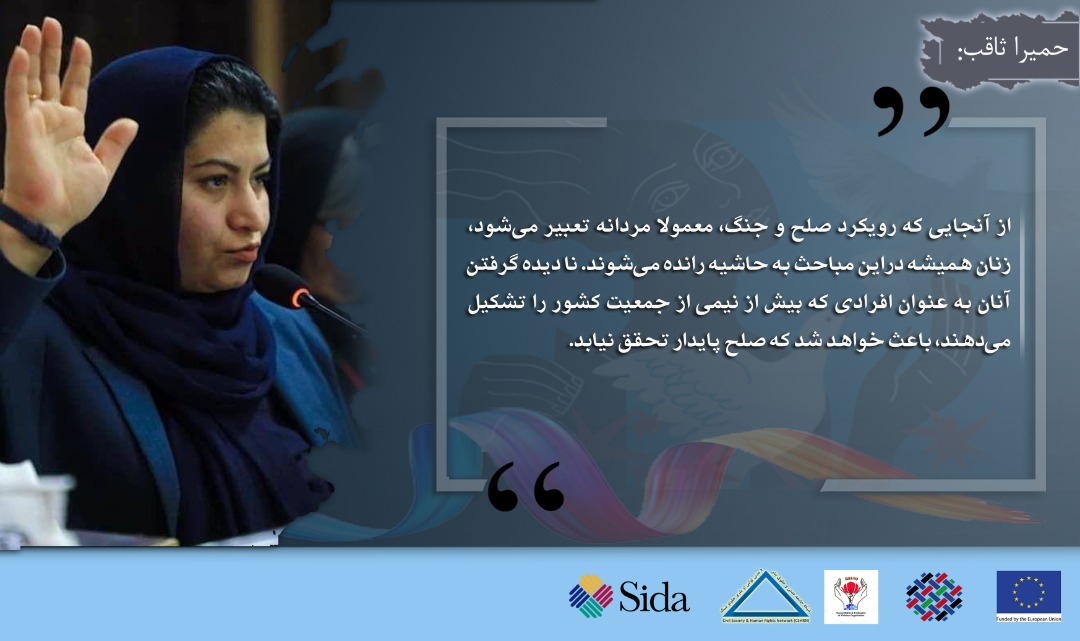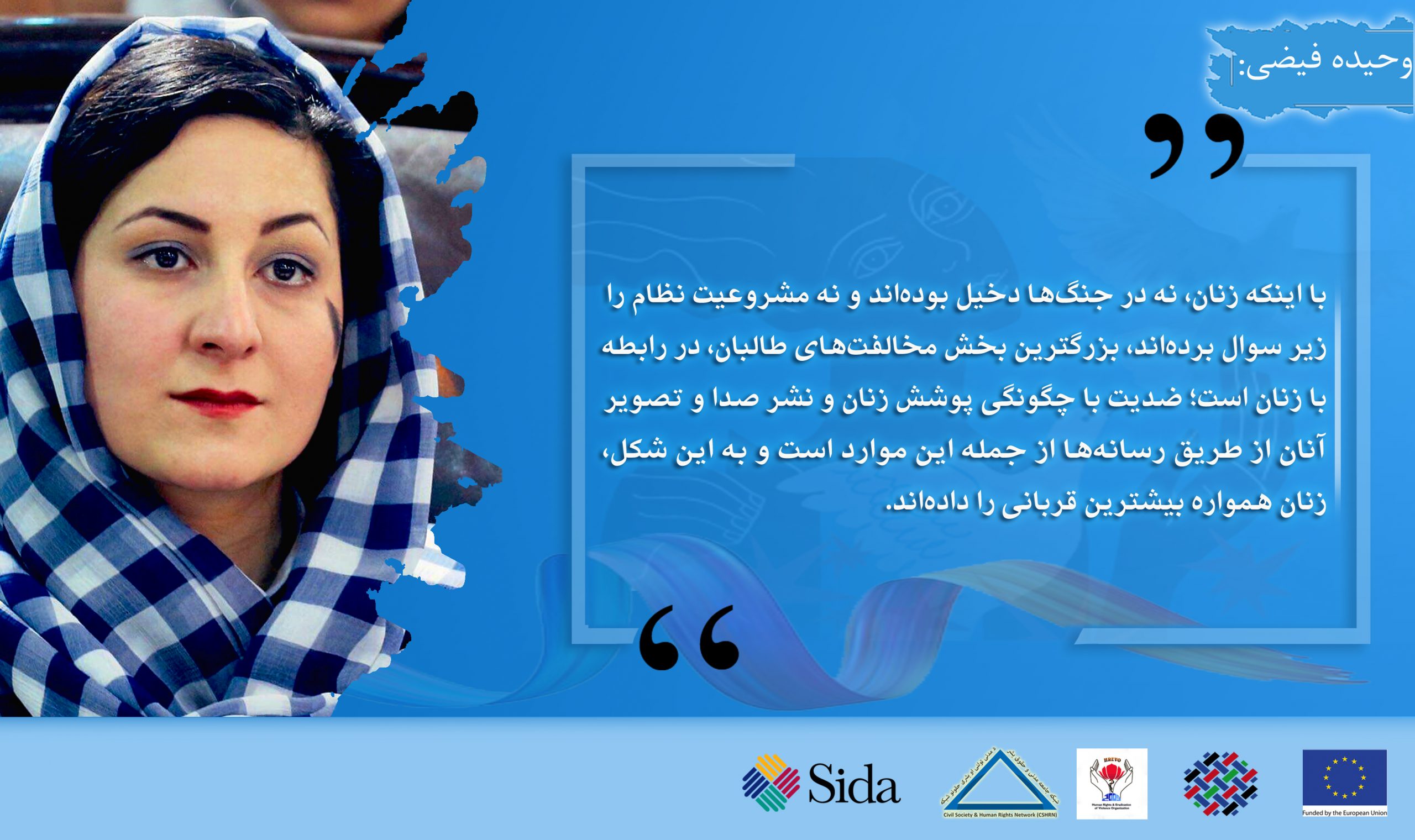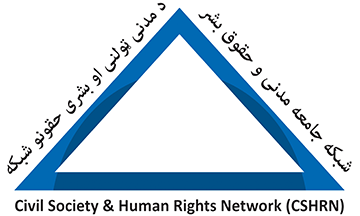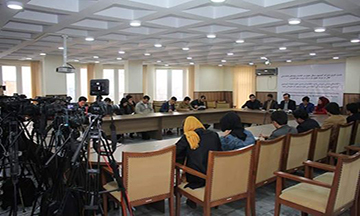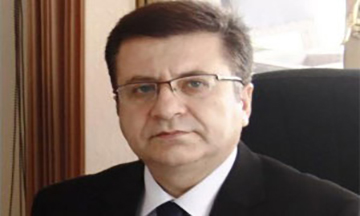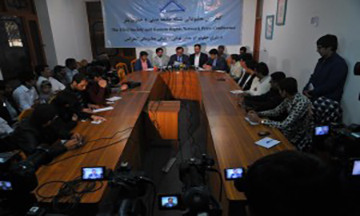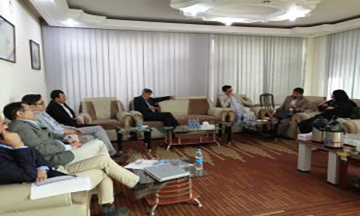The Absence of Civil Society Representatives in the Peace Talks Will Adversely Affect Women
Since the selection of members of the peace negotiation in Doha, not only the disproportion between male and female members of the peace delegation is under question, the absence of civil society representatives from the peace talks is also highly worrying.In an interview with the CSHRN, Ms. Saqib added that despite the efforts to integrate women into the composition of the peace delegation, the absence of civil society representatives, journalists, and other women's groups is alarming. "Although the female members of the negotiation team are committed to women's rights, they primarily represent various political parties, and priority for them would be their political interests" So if the composition is not revised, the rights of women will remain at stake. " The imbalance in the number of male and female representatives in the composition of the negotiating team is also one of the issues that have been criticized by some experts, said Ms. Saqib. War and peace are usually masculine. Despite the fact that women are heavily impacted by war, they are usually marginalized in peace discussions. "Women can play an important role in peace negotiation as they constitute more than half of the population and they are the main victims of war. If women's role is ignored, the peace settlement will not be sustainable. "Network: What are women’s expectations from peace negotiations?Saqib: First and foremost, women expect that a ceasefire is agreed upon. And, the right to participate in social, political, economic, and educational activities are among women’s other demands. Finally, they expect that a mechanism is in place which protects the human rights of women.Ms. Saqib argues that corruption and unsafe working environment are among other challenges that women expect to get rid of in the post-peace political system. "Corruption and unsafe working environment sometimes force women…
